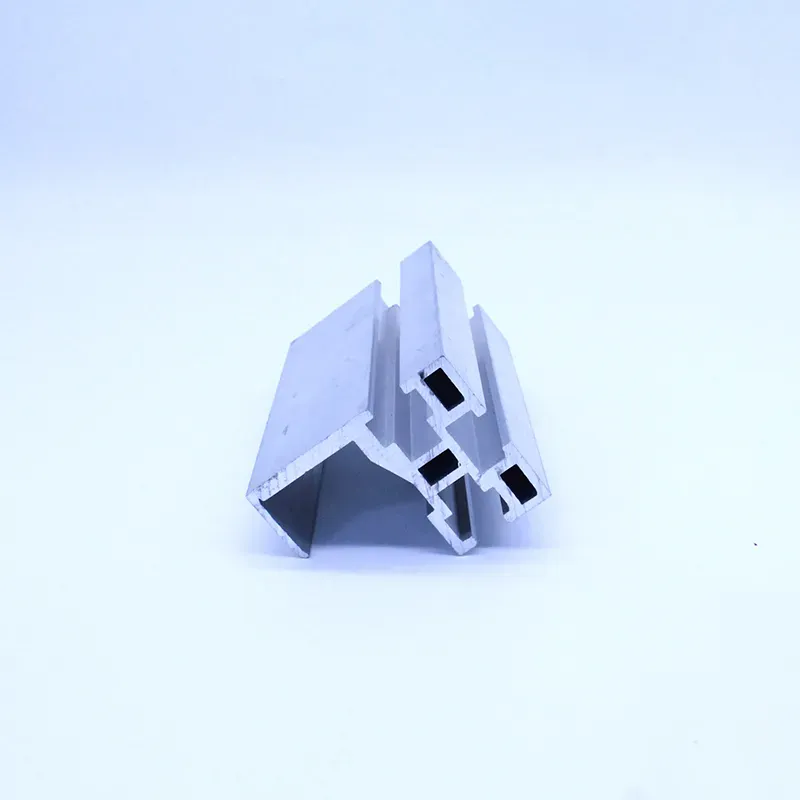Solar Aluminum Frame: Best Choice for Solar Panel Production
As we step into sustainability and renewable energy, solar energy acts as one of the most influential sustainable solutions for the substitution of traditional energy fuels. As the adoption of, or simply interest in EVERYONE pointer solar panels exponentially increases so does an accompanying need for quality materials that are useful for improving their efficiency and longevity. One of the more common materials used in making solar panels is aluminum. Here in this article, you can read the importance of aluminum frames in solar panels and their contribution to your overall solar energy systems.
Aluminum is one of the oldest materials used in modern industries and has been a game-changer for many manufacturers when it comes to developing systems like solar energy panels. Aluminum profiles for solar applies to structural support of the solar panel and is one reliable method to attach your solar cells in a way that protects them from elements outside. Aluminum is also structurally sound so that solar panels won’t sway in the wind, but it is light enough to lift easily and handle for installation purposes.
One of the primary purposes that aluminum is used for solar panel frame fitment is due to weight lightness. This not only simplifies transportation of solar panels but reduces the weight load on rooftops or mounting systems that you load your solar panels into. The reduced weight translates to faster and more convenient installation which could potentially save on labor costs and time on a job. Added to that, thanks to the lightweight materials, design flexibility and compatibility with a host of mounting options can be ensured along with an overall energy efficient installation process.
Light-textured aluminum, fabricated corrosion-resistant blast, passive style Solar panels must endure an environment that includes rain and snow, UV rays, extreme cold and heat throughout the formerly much colder regions. Solar panels have aluminum frames that protect them from anything that would catch and rust or decay, allowing the whole panel to be able to last a far longer period than any components inside will ever outlive. Aluminum will be far more stable, and at the same time provide very secure enclosure for the solar cells that are a vital part of any solar energy conversion system, while other metals will soon corrosion. The longer lifetime of the original translates to fewer maintenance headaches and replacement costs in the consumer down the line.
Thermal conductivity is another major reason to use aluminum when manufacturing solar panels. Solar panels operate and emit heat energy from the surface area of solar cells which is quickly dispersed using aluminum to help in panel efficiency. In such a situation, the panel will work at lower efficiencies, which consequently worries the energy yield. They use Aluminum frames to design solar panels, because of the nature of thermal emissivity it can minimize heat build up and ensure that solar panels are in the optimum temperature for maximum efficiency.
Besides, it provides the panels with the required structural integrity under this solar frame. Aluminum is strong and stands up to the elements so panels remain steadfast, even through high winds or heavy snowfalls. Such types of aluminium frame gives the solid structure holding structure to the panels, as they are placed in alignment where misalignment may loss energy generation. They capture more sunlight throughout the day and generate more power if panels are oriented in proper relation to the sun. Which is a testament to reliability as it is vital in almost every scenario especially commercial where maximum performance needs to be achieved for an economic return.
But another advantage of aluminum frames is the fact that they are ecological. Without a target audience though, the need for eco-friendly material continues to grow as our society adapts to being conscious of their environmental impact. Additionally, aluminum is not just recyclable it can also be produced in a less carbon-intensive manner than most conventional frame materials. Using recycled aluminum takes 95% less energy than raw material production, making it a very sustainable input with respect to the sustainability ideas behind solar energy production. For manufacturers, choosing aluminum frames is a win-win situation as not only do it have positive impacts on the environment but in today era consumers prefer green credentials when buying their businesses.
You might also want to take into account how good the aluminum frame looks, too. In contrast to other materials that can either be painted for a finished look or need to undergo varied treatments in order to maintain its appearance, aluminum has an inherently clean and modern enable. This is especially true of residential installations because individual homeowners may be worried about what their home will look like after they install solar panels. Manufacturers are still able to produce products that offer high functionality, while blending seamlessly with existing architectural styles with the use of aluminum.
Once again, aluminum frames outshine in terms of customization. The solar industry is booming, and the need for custom solar panels, whether they are for residential, commercial or industrial use. Aluminum reduces malleability, allowing the design of arbitrary shapes and sizes with various configuration that meet the needs of dynamic markets. Easy adaptability of designs would allow manufacturers to better optimize the performance of a panel for specific geographical locations or customer preferences.
Besides these pragmatic advantages, aluminum frames also boost the safety of solar energy systems in general. The strength of aluminum reduces the potential danger of a panel coming loose and causing injuries or damaging property. For both consumers and manufacturers, keeping solar installations working efficiently as they should while being safe to use is necessary since it also bolsters the reliability and durability of solar technology overall.
In the future, there is expected to be a continued increase in incorporating aluminum frames with solar panels. Innovation such as this looks set to continue, making aluminium both less environmentally impactful and more functional in use. Additional innovations like improved surface treatments or exotic alloys might come on line to better utilize the advantages of aluminum for solar.
Aluminium frames have proven to be the ideal solution for solar panel manufacturing combining functionality, performance and sustainability. Being lightweight, very high strength and corrosion resistant makes them perfect for a long-lasting efficient solar energy harvesting systems. Which means that through selecting these aluminum frames, manufacturers are not only putting an investment in the quality condition of their items but also on the environment. Due to the transition of energy from non-renewable sectors, aluminum frames will continue to keep central stage in solar panel manufacturing and will play a significant role in the sustainable development of panels. For consumers, this translates to solar systems that are durable yet efficient while having a touch of green vapor at the same time.

 EN
EN








































